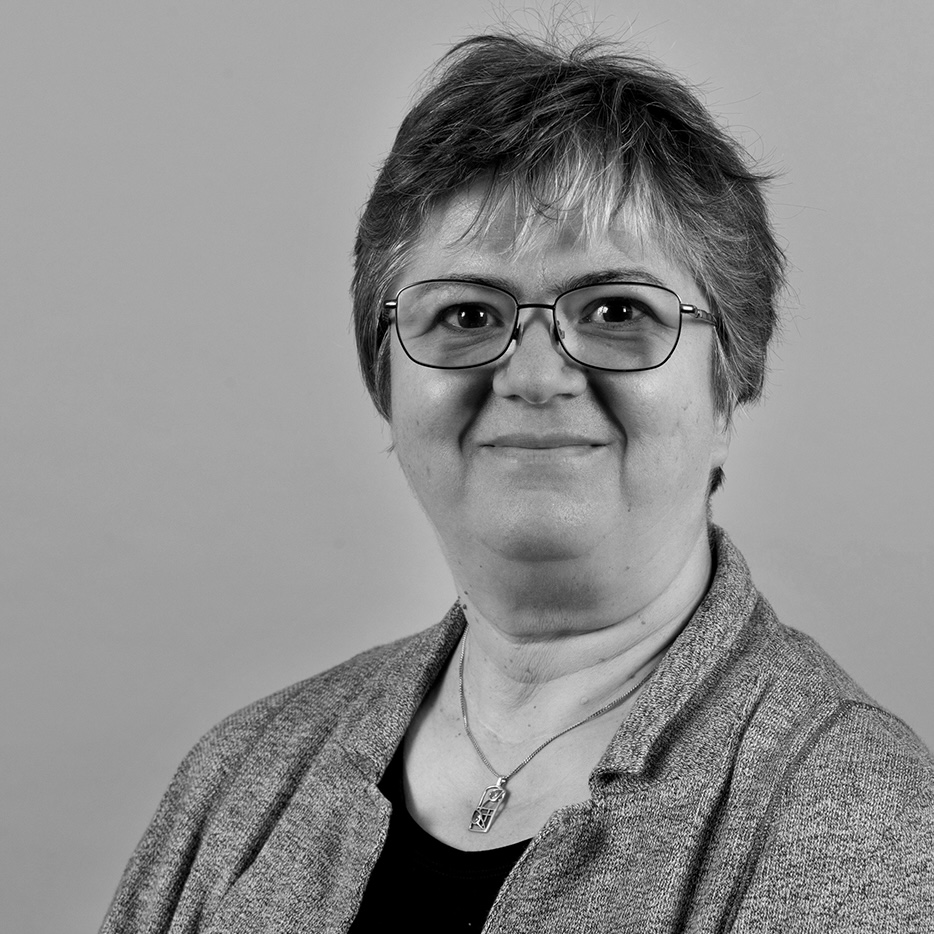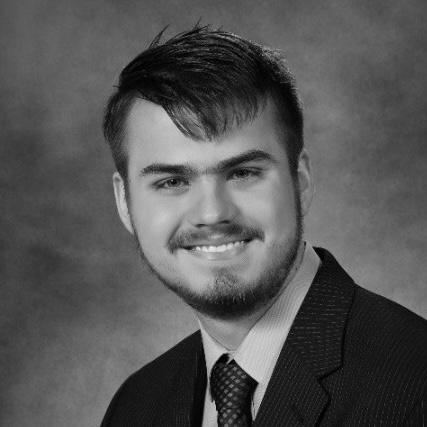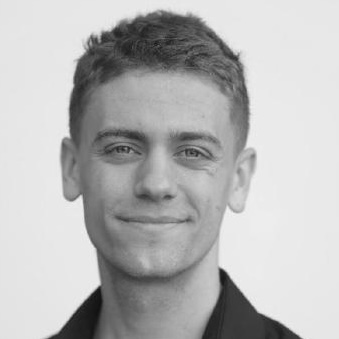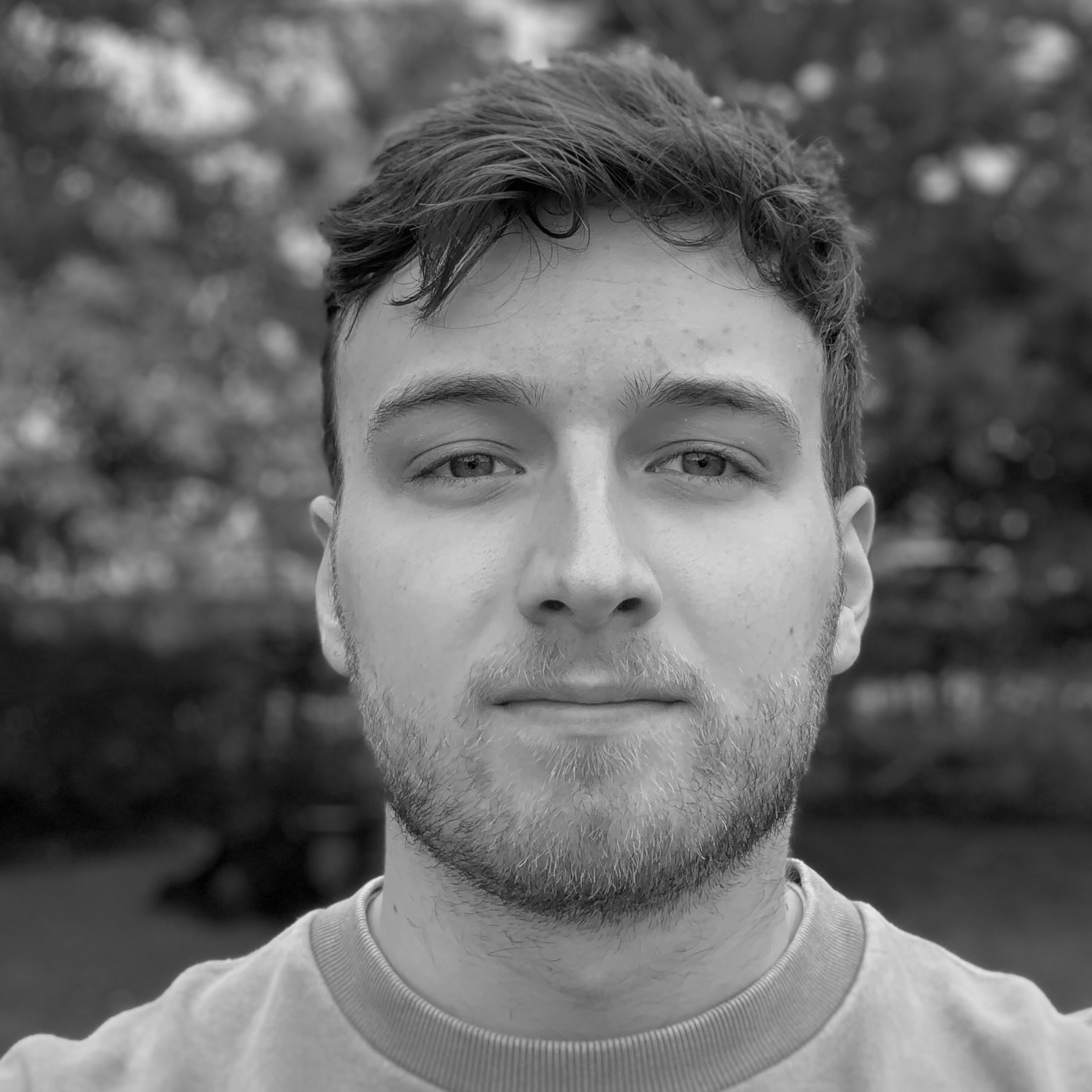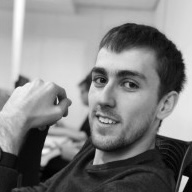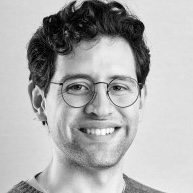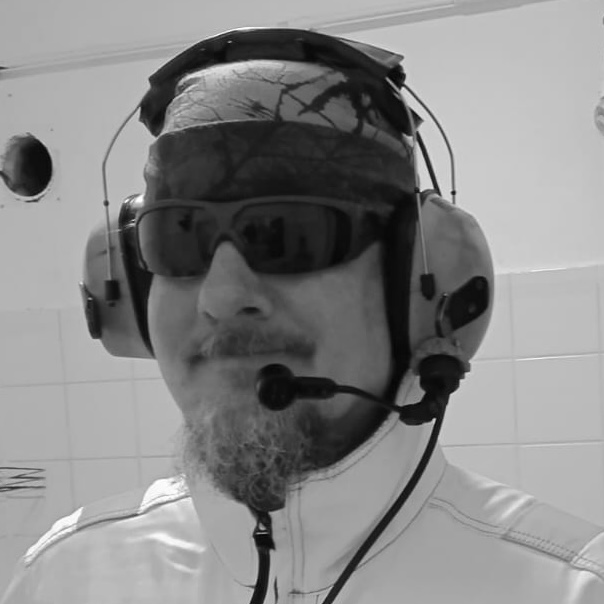Are you ready to complete your Computer Science Bachelor in an ever-growing field?
Team up with experts in the field for a unique R&D opportunity in an intense 3 month Bachelor project for students following Computer Science at the Vrije Universiteit Amsterdam.
Go beyond the basics with us
Who thinks of Autonomous Systems might think of "AI" and call it a day. But from Software Security to Green IT and from Internet of Things to Computer Vision, there is so much more to explore. At the Autonomous Systems Engineering (ASE) project, we provide you the (award-winning) tools, expertise and guidance to explore a topic of choice in a 3-month Bachelor project. During the project you will research and develop, operating in a larger project than any other course in your Bachelor. Is it intense? Yes. Is it rewarding? Absolutely.

Research on ASE/Rover, the award-winning Linux car
You will be provided an ASE/Rover: a modular, powerful and robust robotic vehicle that can be equipped with a variety of sensors and actuators to react to the environment. Driven by the powerful Debix model A Single-Board Computer, that comes with 8GB of RAM, a quad-core i.MX 8M Plus processor and a dedicated Neural Processing Unit, the Rover serves as the perfect platform to implement, test and validate your research on.
The Rover runs a full-fledged Linux installation (ubuntu 22.04) and comes preinstalled with a tightly integrated software framework that allows you to easily interface with the hardware by building your own processing pipeline. We provide you with official libraries, templates and tutorials for C, C++, C#, Python, and Go, but you are free to implement your project in any language you like.
Oh and is it fast? Well, judge for yourself (original speed):
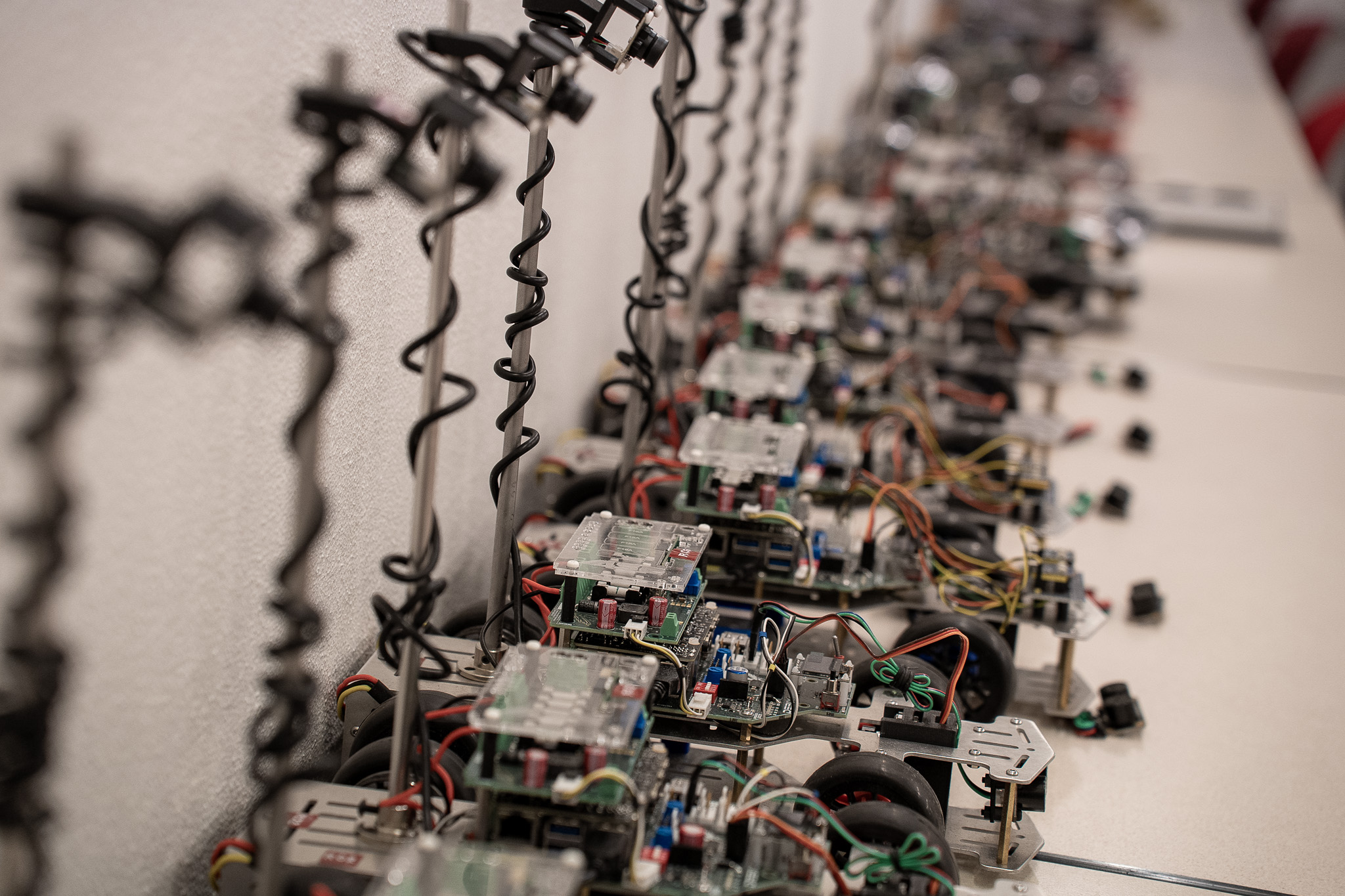
The ASE-Team
The ASE-Team consists of a group of dedicated professors, teachers and master students. During the project, the organizing team will be your first point of contact for any questions or issues you might have. You can (and should) reach out to the ASE team by emailing to n.silvis-cividjian@vu.nl.
ASE has been founded in 2024, but the core team has been active in the field of autonomous driving since 2019. The project could not run without the help of our Beta faculty's Electro-Mechanical and Fine-Mechanical technicians. See all acknowledgements.
Organizing team
Your first point of contact for all things ASE.
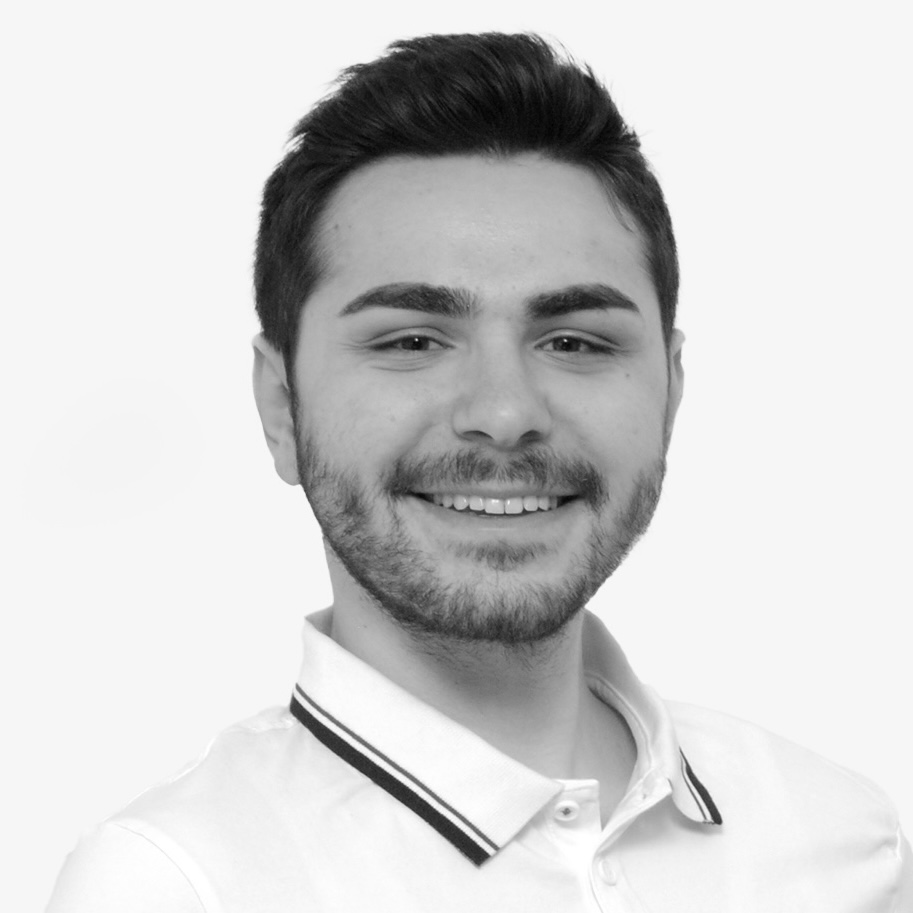
Darian Janevski
Teaching assistant
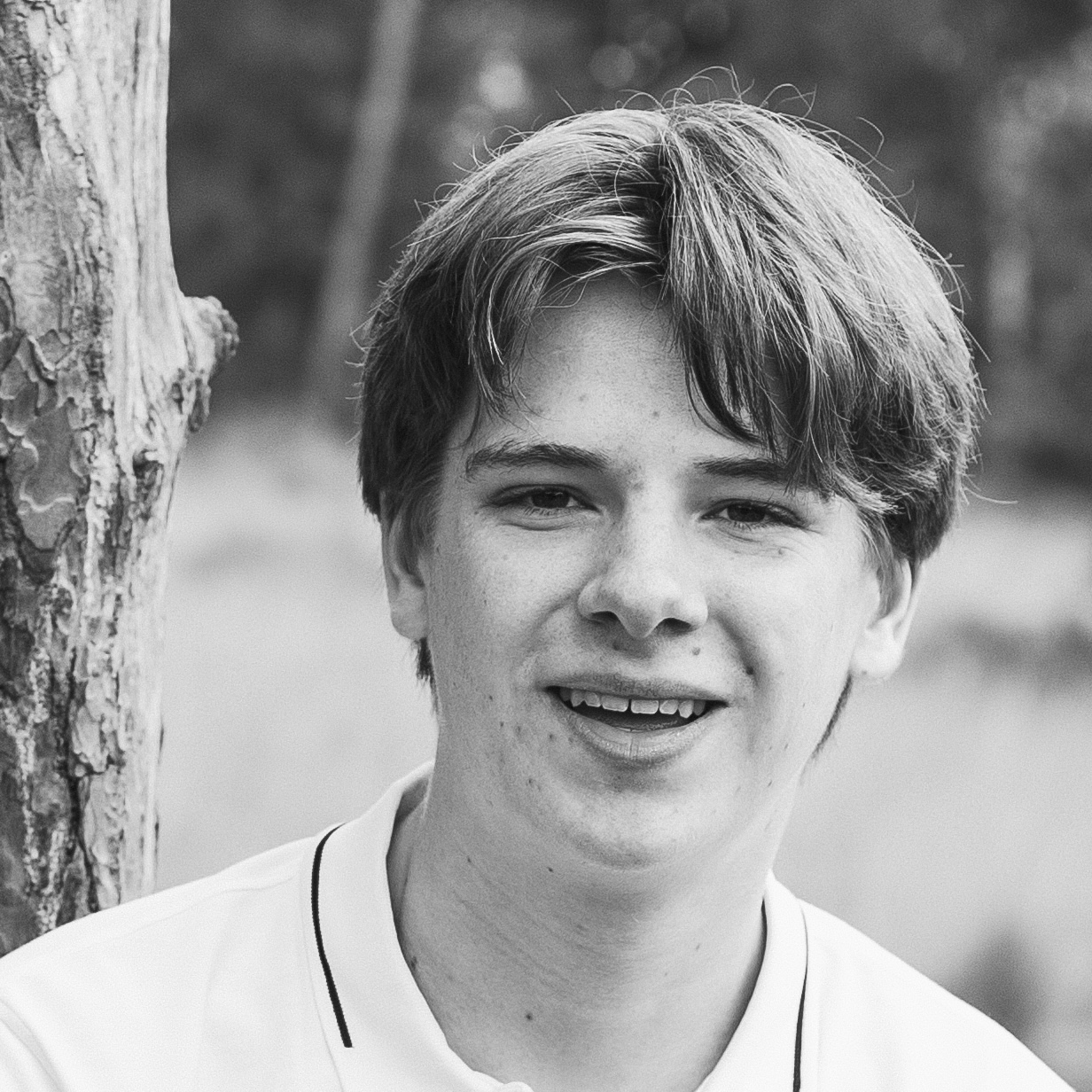
Niels Dijkstra
Teaching assistant
Leonid Ivanov
Teaching assistant
Founding Team
They started and managed ASE since 2024. See history.
A big thanks to our sponsors


